The Social and Emotional Learning (SEL) curriculum at P.S. 004, implemented as part of the Summer Rising program with Arete Education, aims to foster emotional intelligence and well-being among students. This program is designed to teach students the eight basic emotions, as well as various mindfulness and relaxation techniques such as breathing exercises and TLS (Total Life System) exercises like the Warrior Pose. Additionally, students connect classroom activities with characters and scenes from the movies Inside Out 1 and 2. Art projects related to SEL, along with lessons on self-awareness, self-management, social awareness, relationship skills, and responsible decision-making, are integral parts of the curriculum.
The SEL program caters to students in grades K-5, ages 5-11 years. The curriculum is thoughtfully divided into two sections to match the developmental stages of different age groups. For grades K-2, the projects and activities are simplified, while for grades 3-5, the projects are more advanced, ensuring that the content is age-appropriate and engaging for all students.
The core SEL competencies focused on in the program include self-awareness, self-management, social awareness, relationship skills, and responsible decision-making. These competencies are crucial for the holistic development of the students, equipping them with essential life skills.
SEL is seamlessly integrated with other after-school activities and subjects. Each enrichment activity begins and ends with an SEL check-in, warm-up, or exercise. On Fridays, before going on trips, students practice TLS exercises while waiting for the bus. This consistent integration ensures that SEL principles are reinforced throughout the students' daily routines.
Engaging students and making SEL lessons relatable and meaningful is achieved through various strategies. Real-life examples and scenarios are presented to students, prompting them to consider their reactions and the most reasonable ways to act. Connections to the movies Inside Out 1 and 2 are made, including a trip to the movie theater to watch Inside Out 2 to learn more about different emotions. Activities such as SEL Bingo and discussions about self-care activities like getting enough sleep, nature walks, and eating well further engage students.
One notable success story involves students mastering the Walking in a Rectangle exercise. Initially, many students struggled with this centering exercise, but with regular practice throughout the program, they gradually improved. By the end of the program, students were performing the exercise perfectly, demonstrating their growth and mastery of the skill.
The positive changes observed in students participating in the SEL program are profound. Students become more self-aware of their emotions, learn to manage their emotions and situations effectively, develop social awareness, build strong relationship skills with their peers, and make responsible decisions. These skills contribute significantly to their overall development and well-being.
Shakira Peralta Villano, an SEL instructor, finds the most rewarding aspect of teaching SEL in this summer program to be the opportunity to teach students about empathy, self-care practices, kindness, respect, and TLS techniques. She finds immense joy in seeing students learn and apply these skills independently, witnessing their growth in self-awareness, self-management, social awareness, relationship skills, and responsible decision-making.
Edith “Millye” Rodriguez, another SEL instructor, shares that the most rewarding aspect of teaching SEL is witnessing the transformation in students as they become empathetic, resilient, and empowered individuals.
The SEL program is making a significant impact on students' lives. By equipping students with essential emotional and social skills, the program not only enhances their academic performance but also prepares them for the challenges of life. The success stories and positive changes observed in students highlight the importance and effectiveness of SEL in fostering well-rounded, emotionally intelligent individuals.
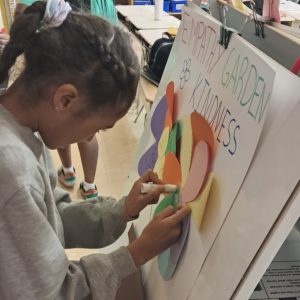
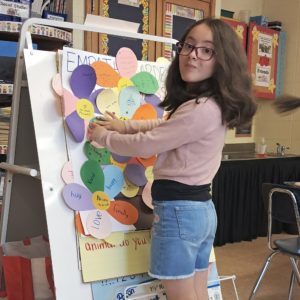
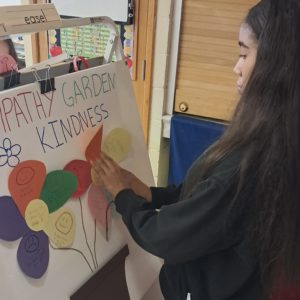
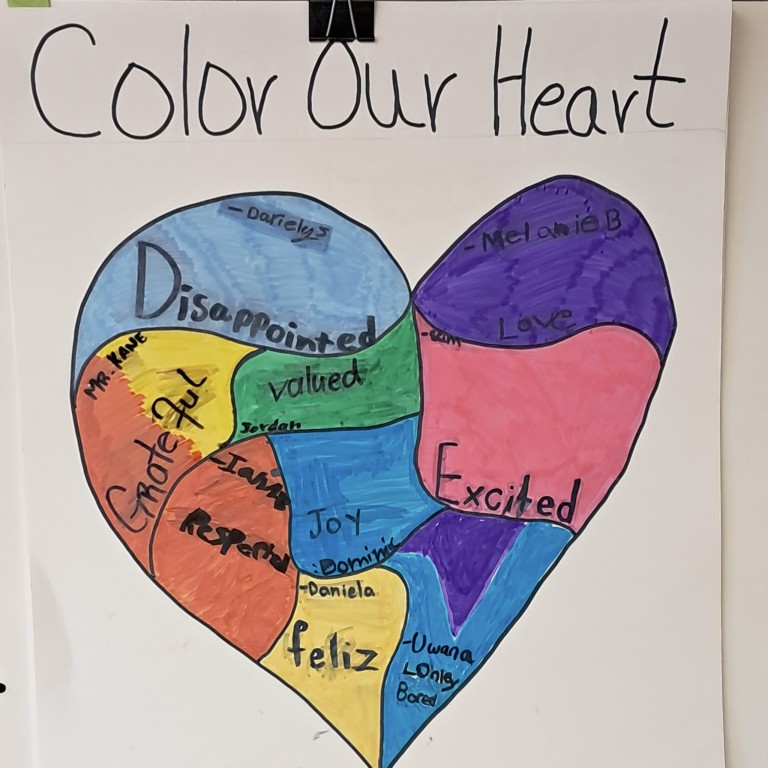
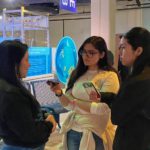


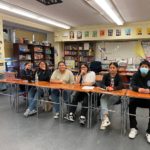
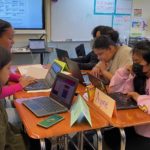

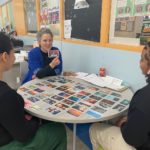


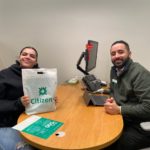
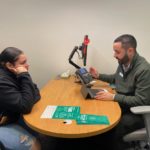
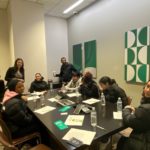

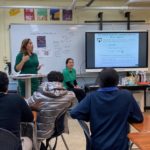
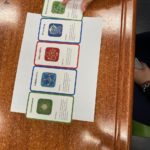
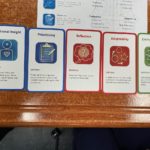
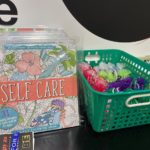
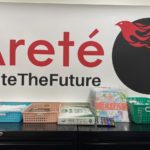

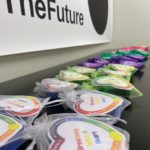
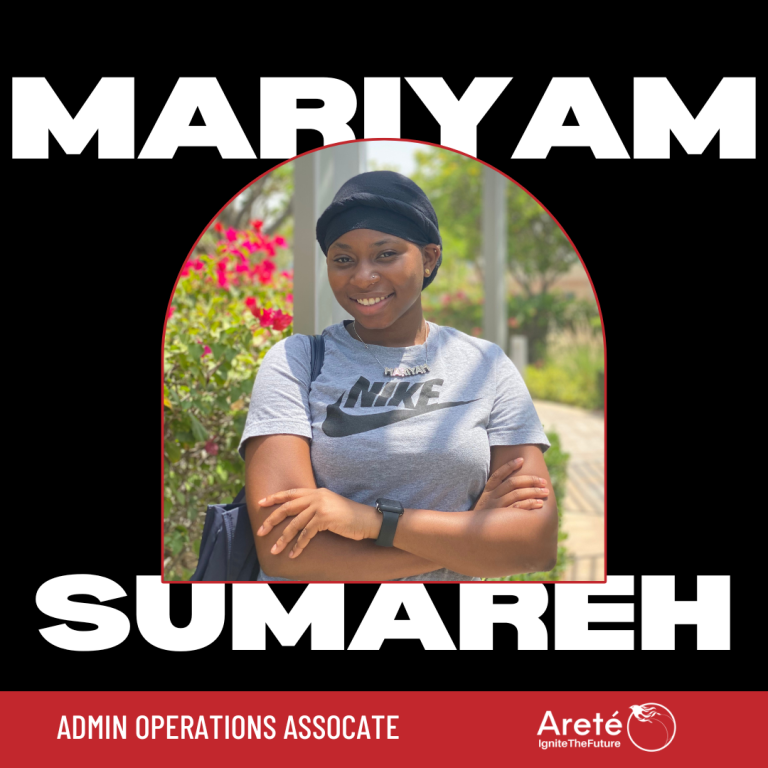
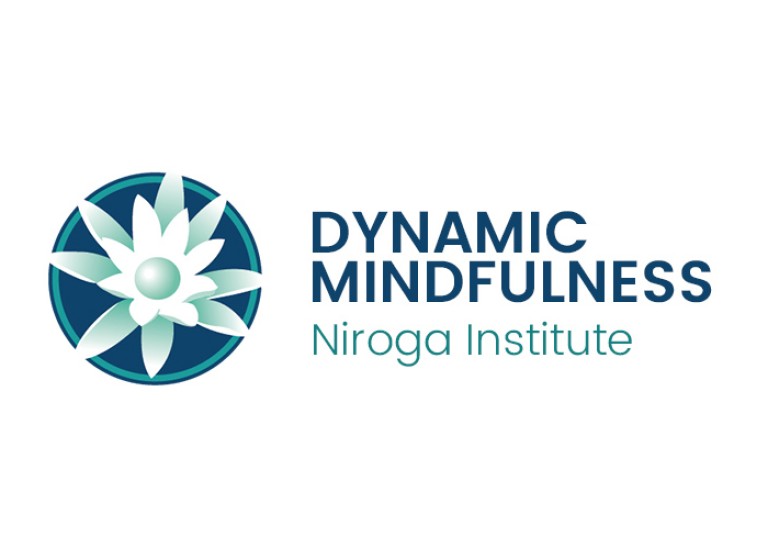
 Materials from Niroga are not new to Arete as we have used their approach in the past when piloting and designing the
Materials from Niroga are not new to Arete as we have used their approach in the past when piloting and designing the 

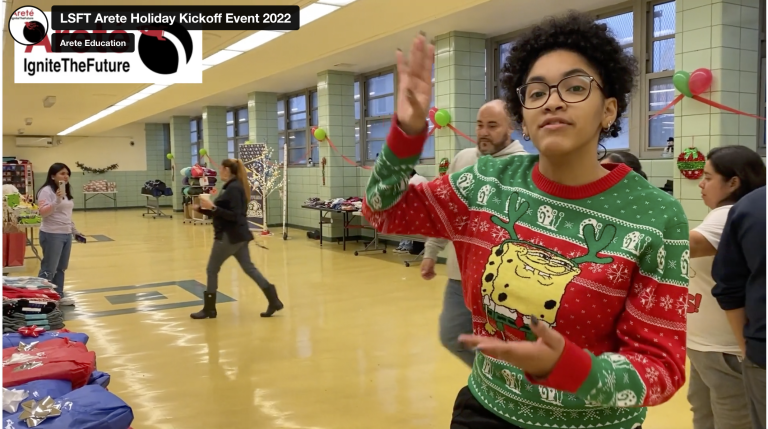


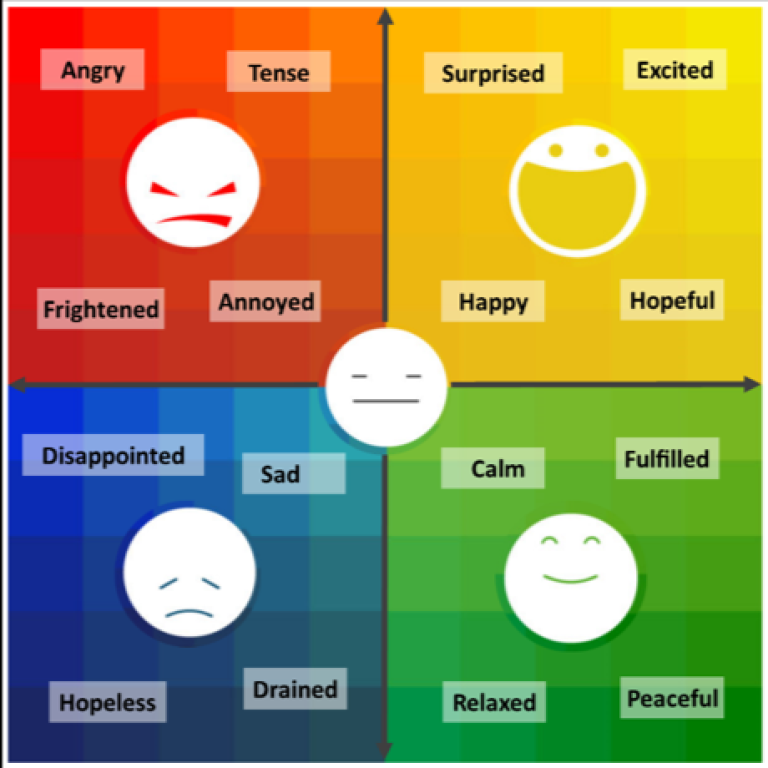
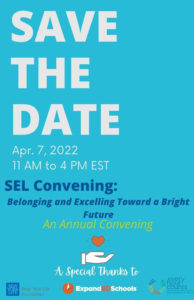 This April, Arete Education had the remarkable honor of joining fellow SEL Educators and exceptional EQ-minded professionals in facilitating the
This April, Arete Education had the remarkable honor of joining fellow SEL Educators and exceptional EQ-minded professionals in facilitating the 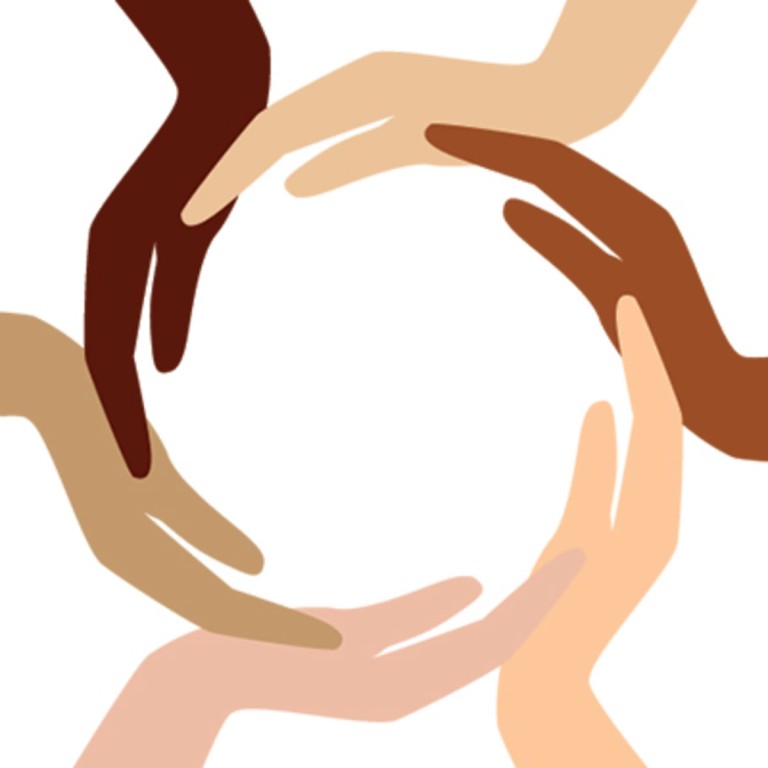











Recent Comments